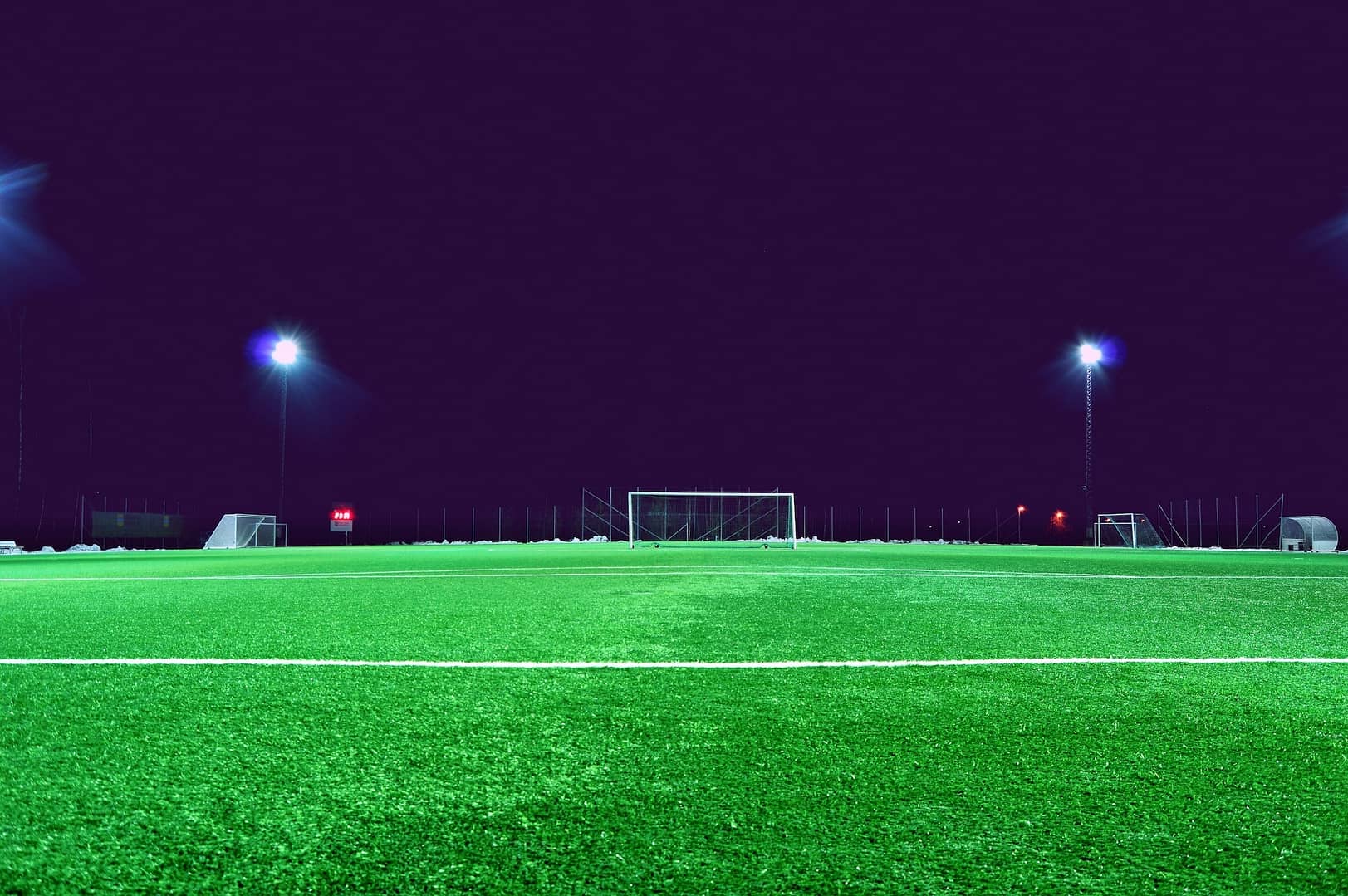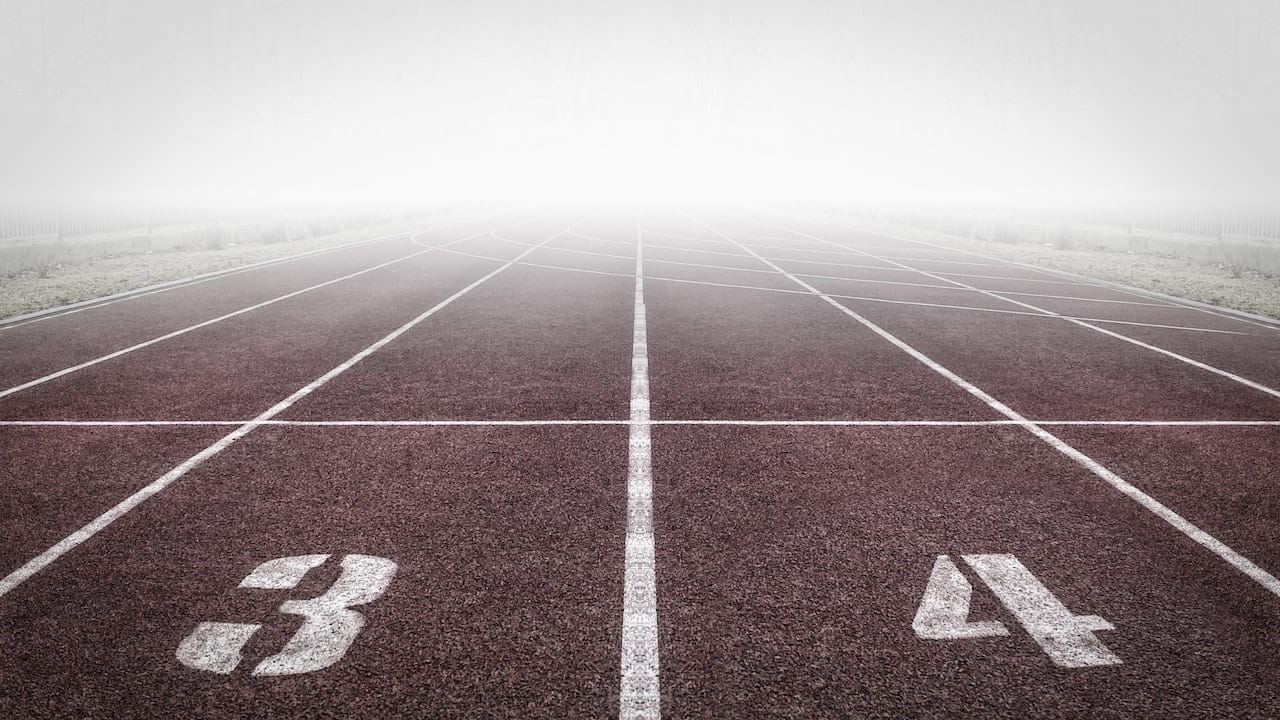Participating in sports is an excellent way to stay fit, build friendships, and unleash our competitive spirit. However, amidst the excitement and thrill of the game, it’s crucial to acknowledge the potential risks involved. Serious personal injuries when participating in sport can occur, impacting athletes physically and emotionally. In this article, we will explore the concept of serious sports injuries, identify the sports that often lead to such injuries, and provide insights on how to stay safe while pursuing our athletic passions.
Understanding Serious Sports Injuries
Serious sports injuries encompass a wide range of physical harm that occurs during athletic activities. These injuries are severe in nature and often require medical attention, rehabilitation, and significant recovery time. While not all injuries sustained in sports are severe, it’s important to take precautions to minimize the risk of sustaining a serious injury that could potentially impact an athlete’s long-term well-being.
Serious injuries can affect various parts of the body, including bones, muscles, joints, ligaments, and tendons. Common examples of serious sports injuries include fractures, dislocations, torn ligaments, concussions, and muscle strains. The severity of these injuries can vary, but they often result in pain, reduced mobility, and a significant disruption to an athlete’s training and competition schedule.
Sports That Cause the Most Injuries
Different sports carry varying levels of risk for serious injuries. Let’s take a closer look at some popular sports in the UK and the potential risks associated with them:
Football
Football, known as soccer in some parts of the world, is one of the most beloved sports in the UK. Unfortunately, it is also associated with a high risk of serious injuries. Collisions between players, awkward landings, and tackles can lead to fractures, concussions, and ligament tears. It is vital for footballers to wear appropriate protective gear, such as shin guards, and adhere to fair play rules to minimize the risk of serious harm.
Rugby
Rugby is a physically demanding sport that combines speed, strength, and strategy. Due to its high-impact nature, rugby players are susceptible to a wide range of serious injuries, including head and neck injuries, dislocations, and fractures. Proper training, correct tackling techniques, and the use of protective equipment, such as mouthguards and scrum caps, can help reduce the risk of serious harm.
Gymnastics
Gymnastics is a sport that requires exceptional strength, flexibility, and balance. While it showcases grace and beauty, it also presents a considerable risk of serious injuries. Gymnasts often face the possibility of fractures, sprains, and ligament tears, especially when performing complex acrobatic maneuvers. Strict adherence to safety protocols, proper warm-up exercises, and supervised training are essential to prevent serious harm.
Cycling
Cycling, both as a recreational activity and a competitive sport, is immensely popular in the UK. However, it is not without its risks. Serious injuries in cycling can occur due to collisions with vehicles, falls, or crashes during races. Cyclists should prioritize their safety by wearing helmets, obeying traffic rules, and investing in reflective clothing to enhance visibility.
Martial Arts
Martial arts, such as judo, karate, and taekwondo, demand discipline, focus, and physical prowess. However, these combat sports also carry a significant risk of serious injuries. Participants can experience fractures, concussions, and joint dislocations, among other injuries. Emphasizing proper techniques, using protective gear, and training under the guidance of qualified instructors are vital to reduce the risk of serious harm.
Staying Safe on the Field
While participating in sports always carries a degree of risk, there are measures athletes can take to mitigate the chances of sustaining serious injuries. Here are some important guidelines to follow:
Warm-up and Stretching
Prior to any physical activity, it is essential to warm up the body and stretch the muscles. A proper warm-up increases blood flow, prepares the body for exertion, and reduces the risk of muscle strains and tears.
Use Protective Equipment
Wearing appropriate protective gear can significantly reduce the risk of serious injuries. Whether it’s helmets, mouthguards, shin guards, or pads, investing in quality equipment designed for the specific sport is crucial.
Train Properly
Proper training is fundamental to prevent serious injuries. Athletes should focus on building strength, improving technique, and gradually increasing the intensity of their workouts. Adequate rest periods and listening to the body’s signals are essential for avoiding overuse injuries.
Follow Safety Guidelines
Respecting the rules and regulations of the sport is vital for maintaining a safe environment. Coaches, referees, and officials play a crucial role in ensuring fair play and enforcing safety measures.
Seek Medical Attention
In the event of an injury, it’s essential to seek medical attention promptly. Ignoring or downplaying an injury can lead to further complications and hinder the recovery process.
Making a Personal Injury Claim
If you sustain a serious injury while participating in sports due to the negligence of another party, you may be eligible to make a personal injury claim. Seeking legal guidance from us at National Claims, experienced in personal injury cases. We will make sure that we lay out the claims process to you in plain English so you understand each step that your claim goes through in order to get you the financial compensation you deserve.
To make a successful personal injury claim, it’s important to gather evidence such as medical reports, witness statements, and any other relevant documentation. Working closely with your claims specialist, you will need to demonstrate that the injury was caused by the negligence of another party, whether it be inadequate safety measures, faulty equipment, or improper training.

Conclusion
Participating in sports offers numerous benefits, but it is crucial to recognize and address the risks of serious injuries. By understanding the nature of these injuries, identifying sports with higher risks, implementing safety measures, and seeking proper medical attention, athletes can minimize the chance of sustaining severe harm. In the unfortunate event of a serious injury caused by negligence, pursuing a personal injury claim can help ensure fair compensation and hold responsible parties accountable. Staying safe on the field allows athletes to continue pursuing their passions with confidence, ensuring a healthier and more enjoyable sporting experience for everyone involved.
Contact us today and start your claim to begin your journey toward seeking financial compensation.
Click below to see why we are one of the most trusted claims management companies in the UK.

We’re proud of our excellent customer reviews
We thrive on delivering exceptional service and ensuring our clients’ satisfaction. Don’t just take our word for it. Check out some of our independent reviews to see what our clients have to say.
Excellent

This firm is excellent, they sorted out my car pay out and injury claim very fast, they always communicate with you all the time.

My accident case was dealt with confidence and with great result of the outcome, especially James kept me informed all the time.

I was very impressed at the way my inquiry was treated. I was listened to attentively and everything I needed to know was explained to me.






